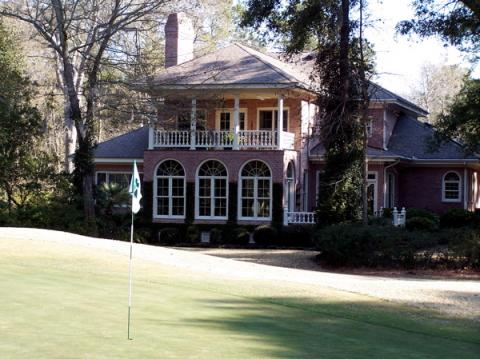
The Landings, near Savannah, GA, is one of many communities in which a lowball offer on a nice home on the golf course is not scoffed at in the current market.
As the housing market continues to spin out bad news, foreclosure sales take on more and more interest for people, not only because they continue to drag down the market and could wind up costing us taxpayers billions of dollars in relief to stop the pain, but also because they represent great opportunities for those with a little cash and an appetite for some risk. But foreclosure sales are far from the only bargains in this market, and there may be a safer, cleaner path for those ready to make a move.
Recently, with my assistance, a couple in Connecticut who are approaching retirement age purchased a second home in The Landings, a six-golf-course community within just 20 minutes of downtown Savannah, GA. The owners of the house they bought were the children of a couple who had passed away and left the home to the kids, who had no intention of living there. The home had been on the market for over a year and gone through a couple of price reductions as the inventory of homes on the market increased. After an extremely low initial offer and a counteroffer, my customers' final offer of $400,000 was accepted by the sellers. That final price was more than 25% below the original asking price, and a bargain in that particular neighborhood. Similar homes just a few doors away have sold recently in the $500,000 range.
This is just one of many examples of sellers who are compelled to accept a lower than market price. Others include homeowners whose jobs take them elsewhere, or older couples whose time has come to make a move to assisted living or some similar arrangement, or those who have other personal, but no less compelling, reasons to sell. Although the sellers' real estate agents cannot disclose confidential information about their clients' reasons for selling, a professional buyer's agent can discern from the pattern of price drops and other information whether a seller is likely to accept a lowball offer.
If you are considering a move to a southern U.S. golf community or a home in a golf rich area, consider your choice of an agent carefully. I have close working relationships with real estate agents across the southern U.S. and would be happy to help you identify the one best suited to your needs.























